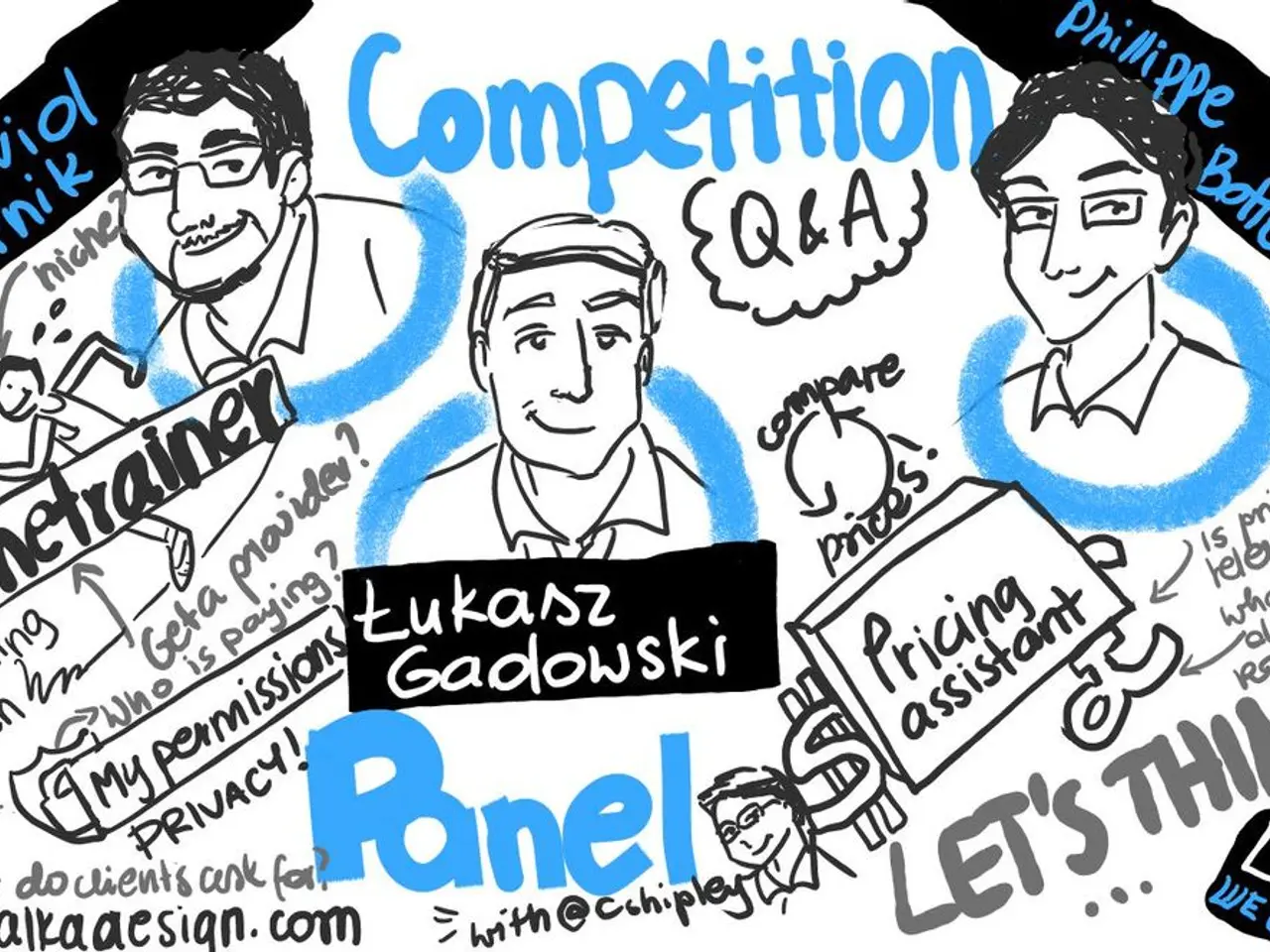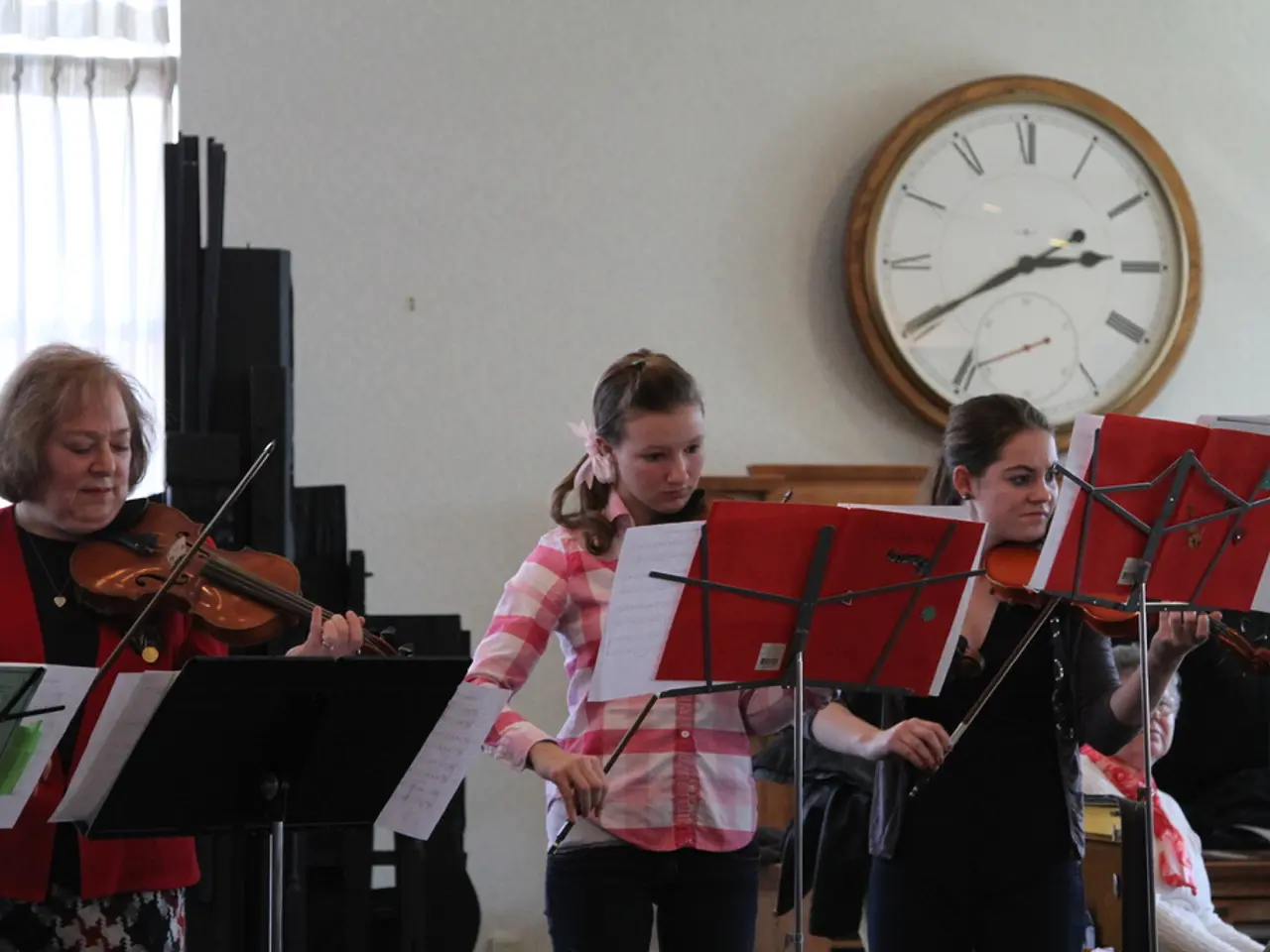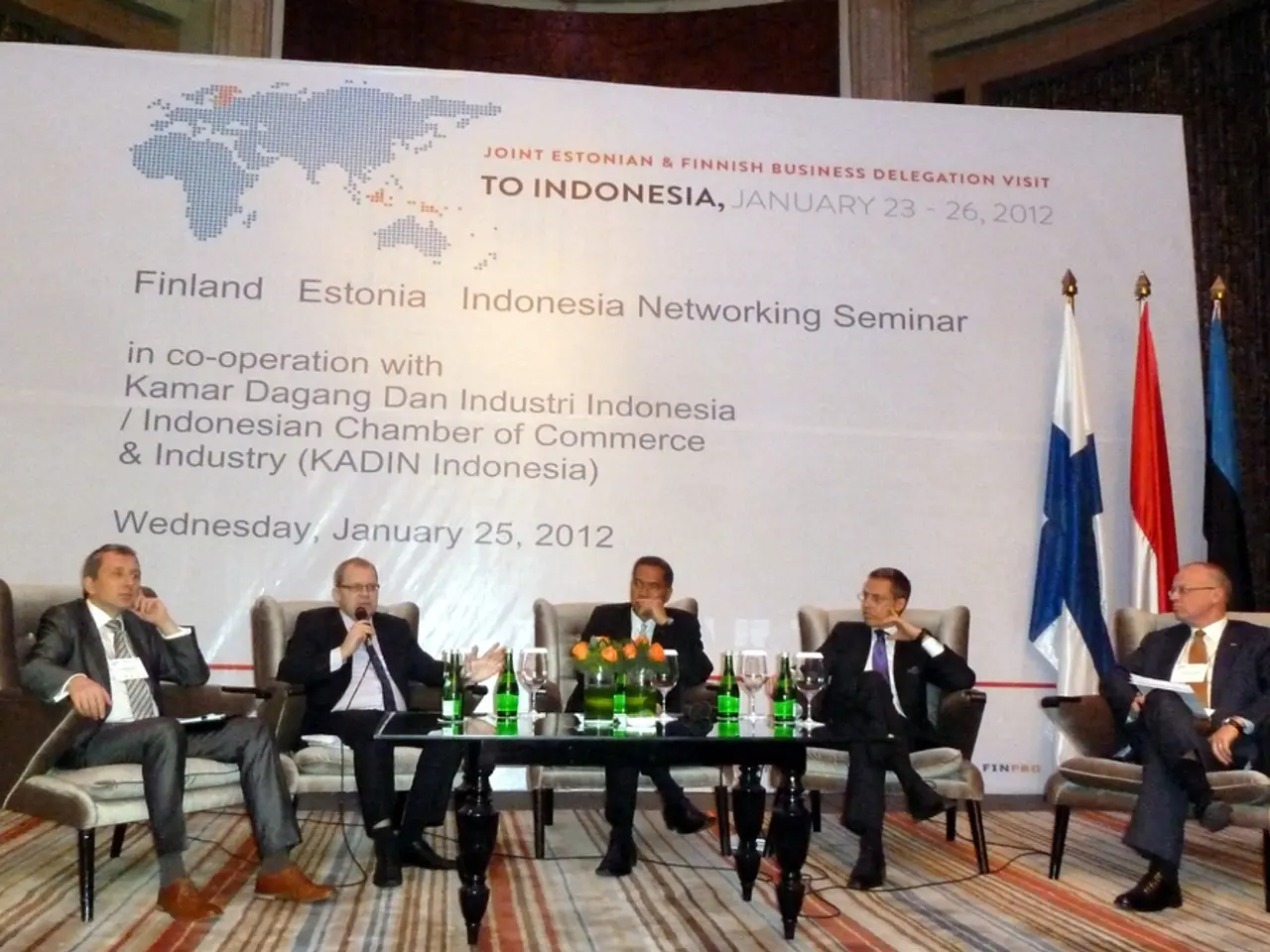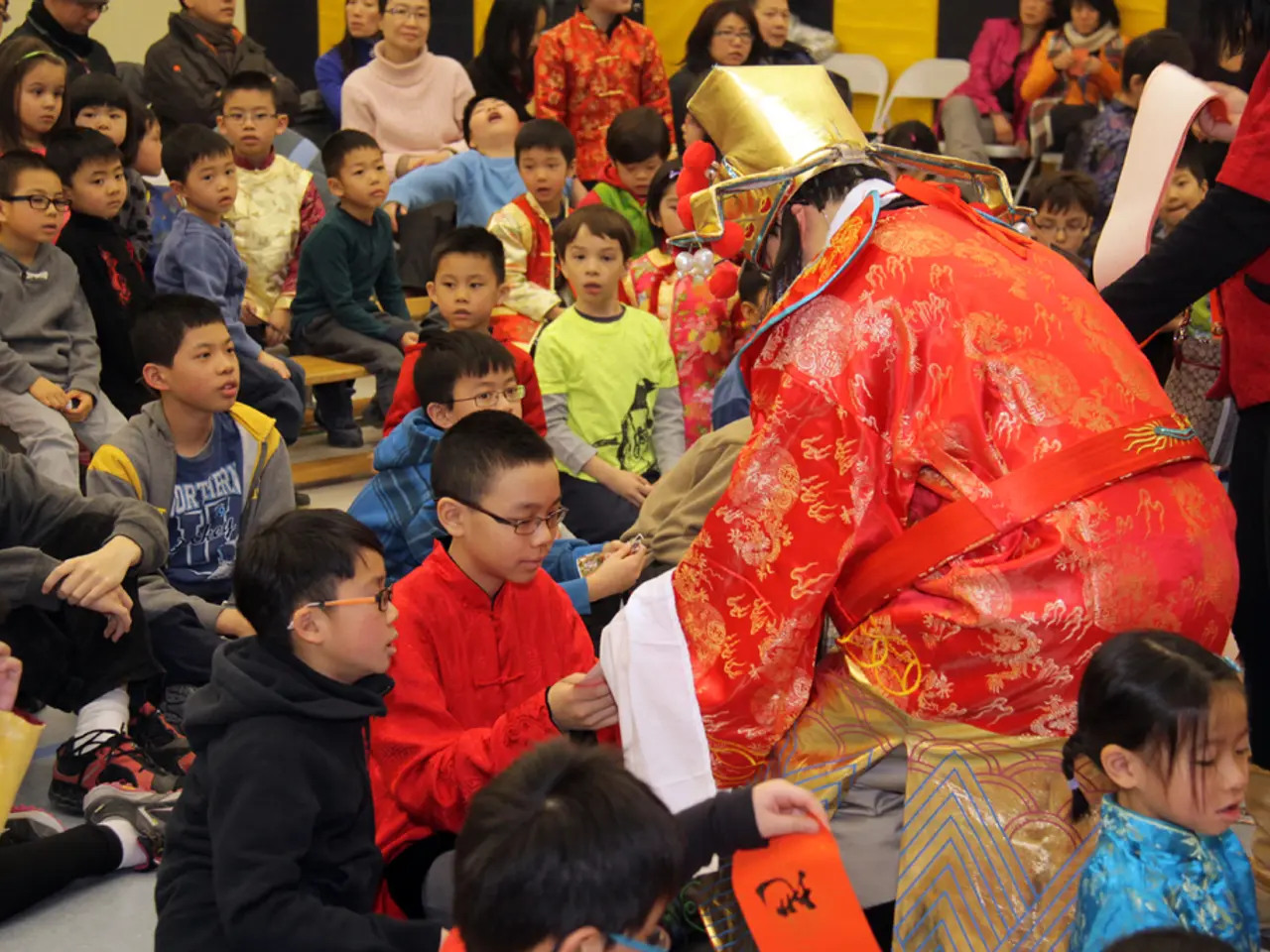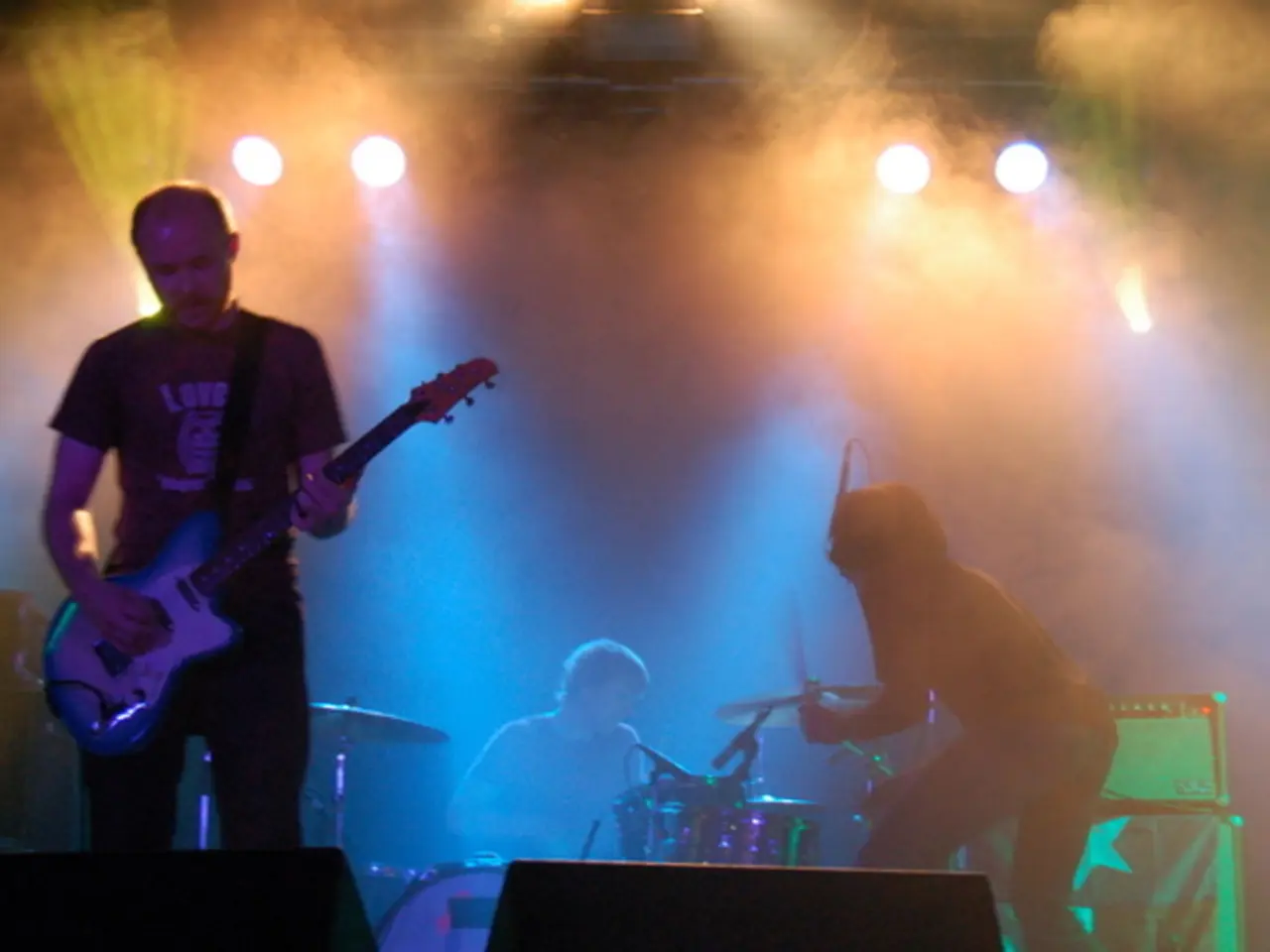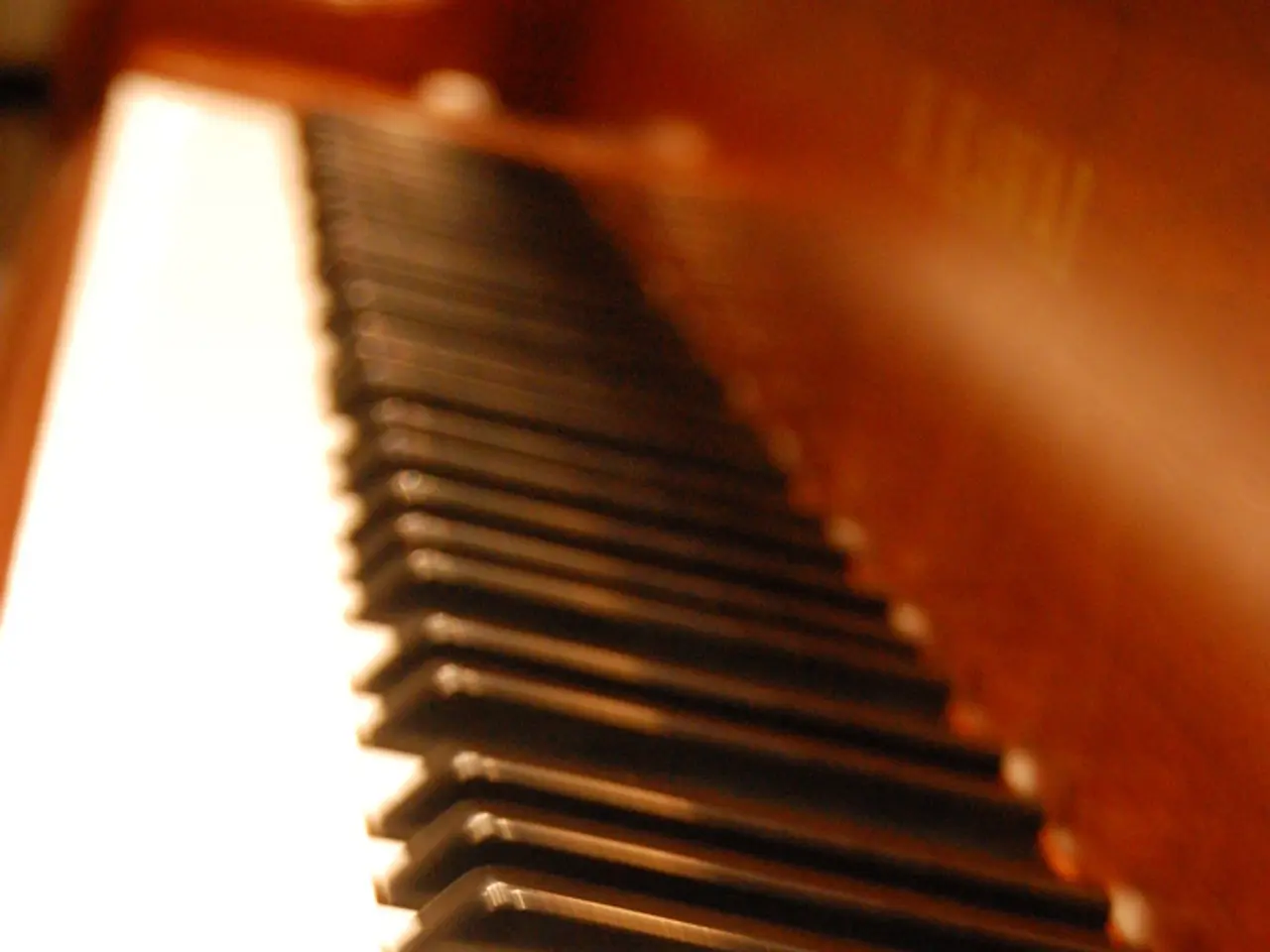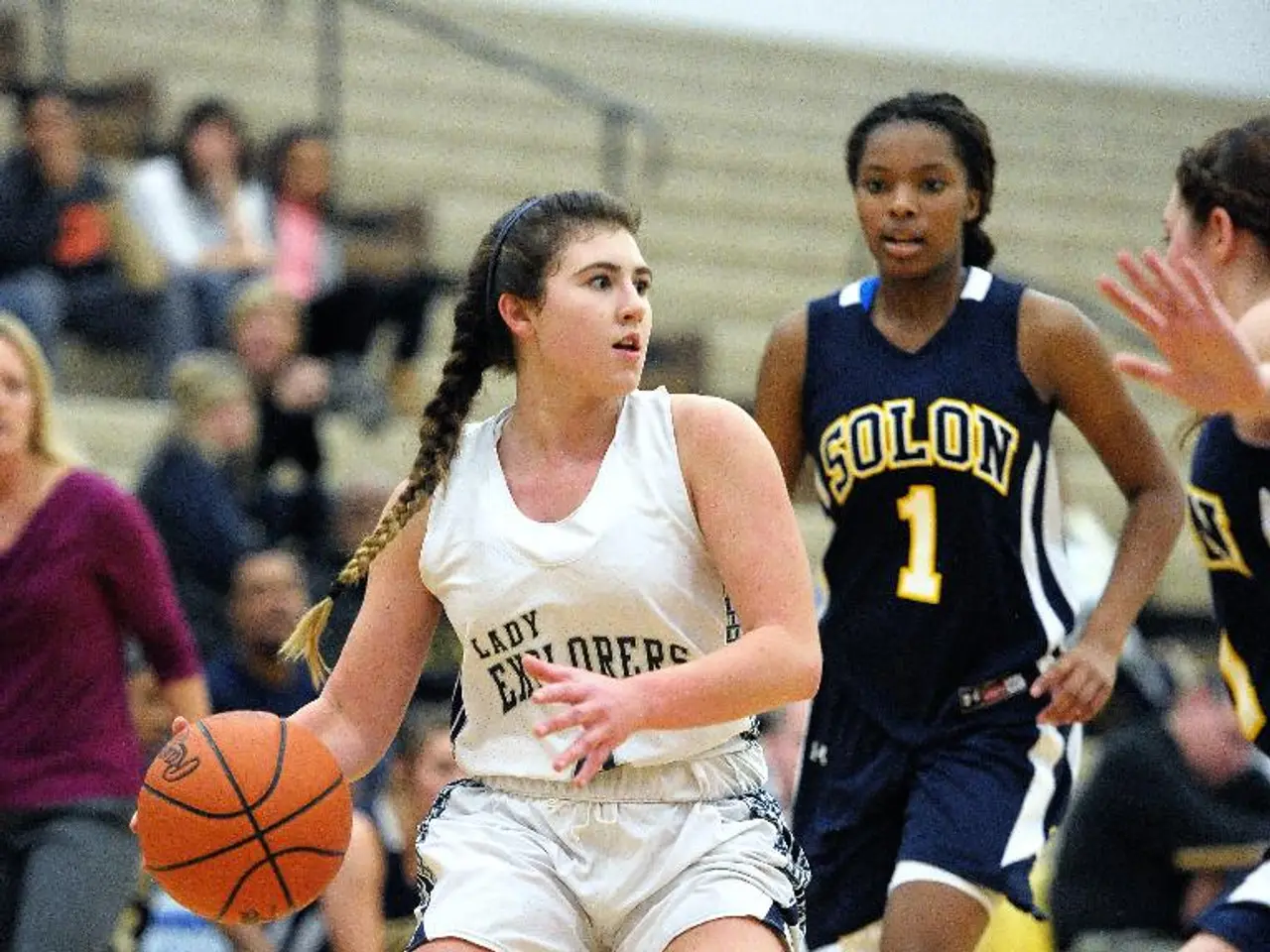Legal Authority Criticizes Samay Raina Regarding Jokes Insensitive to Disabled Individuals; Requests Detailed Responses
In a significant move, the Supreme Court of India has taken a firm stance against comedians and influencers accused of making derogatory remarks about persons with disabilities, particularly in cases involving spinal muscular atrophy (SMA) and similar conditions.
Popular comedian Samay Raina is one of the individuals summoned by the Court over allegations of ridiculing disabled individuals during his online shows. Raina, who shared a photo on Instagram with his attorney, Himanshu Shekhar, referred to as his "main man," has declined to speak to the media about the allegations outside the Supreme Court, saying, "I'll say what I have to in court, not to you."
The court has mandated these content creators to respond to petitions within a strict timeframe and warned that failure to appear in person at hearings would be viewed seriously, underscoring the gravity of the issue.
The judiciary is currently working on formulating social media guidelines that balance the right to freedom of speech and expression with the protection of the dignity and rights of vulnerable groups. Attorney General R Venkataramani has been tasked with helping develop these guidelines.
The evolving case law signals a move toward limiting offensive and discriminatory speech, including satire and comedy that target marginalized communities, to prevent hate speech disguised as humor. This reflects a judicial recognition that freedom of expression is fundamental but not absolute and must not come at the cost of violating others’ rights and dignity.
Senior Advocate Aparajita Singh argued that the comments of the comedians, including Raina, constituted hate speech and dehumanized individuals with disabilities. In an NCW statement, Raina wrote a written apology, apologizing for his comments and promising to produce content that maintains the dignity of women and spreads awareness on gender rights.
The Supreme Court has asked for suggestions from stakeholders to hold an open public debate regarding rules for demarcating freedom and responsibility in digital content. The next hearing in the Supreme Court case is scheduled in three weeks, and all attention will be drawn to the reaction of the accused comedians to the charges.
Apart from Samay Raina, notices were previously served on comedians Vipul Goyal, Balraj Paramjeet Singh Ghai, Sonali Thakkar, and Nishant Jagdish Tanwar. Sonali Thakkar was allowed to participate in subsequent hearings remotely due to a physical condition.
The court emphasized the responsibility for digital content creators and comedians to behave sensibly, with the Supreme Court reprimanding Raina and the other accused comedians for derogatory comments against people with disabilities.
Beyond the court cases, there is growing concern among stakeholders about content moderation failures by both platforms and the state in managing offensive or harmful speech online, contributing to calls for clearer regulations without unnecessarily stifling artistic freedom.
While a specific codified set of content guidelines for comedians on disabilities and hate speech is still being formalized, the legal environment in India is increasingly restrictive of derogatory jokes at the expense of disabled persons, with the Supreme Court actively defining boundaries that will likely apply across social media and OTT platforms to curb hate speech and protect dignity.
- Amidst the evolving rulings, social media platforms and OTT services may soon face stricter guidelines in handling content that disparages disabled individuals, following the Supreme Court's firm stance against comedians and influencers.
- As the Supreme Court of India continues to forge social media guidelines, entertainers like Samay Raina face pressure to balance their freedom of speech with the protection of the rights and dignity of marginalized groups, such as people with disabilities.
